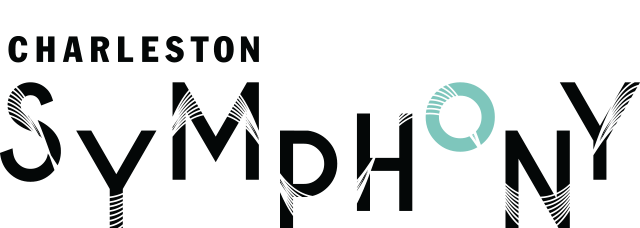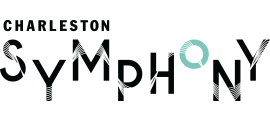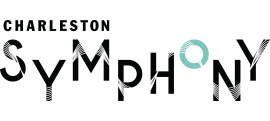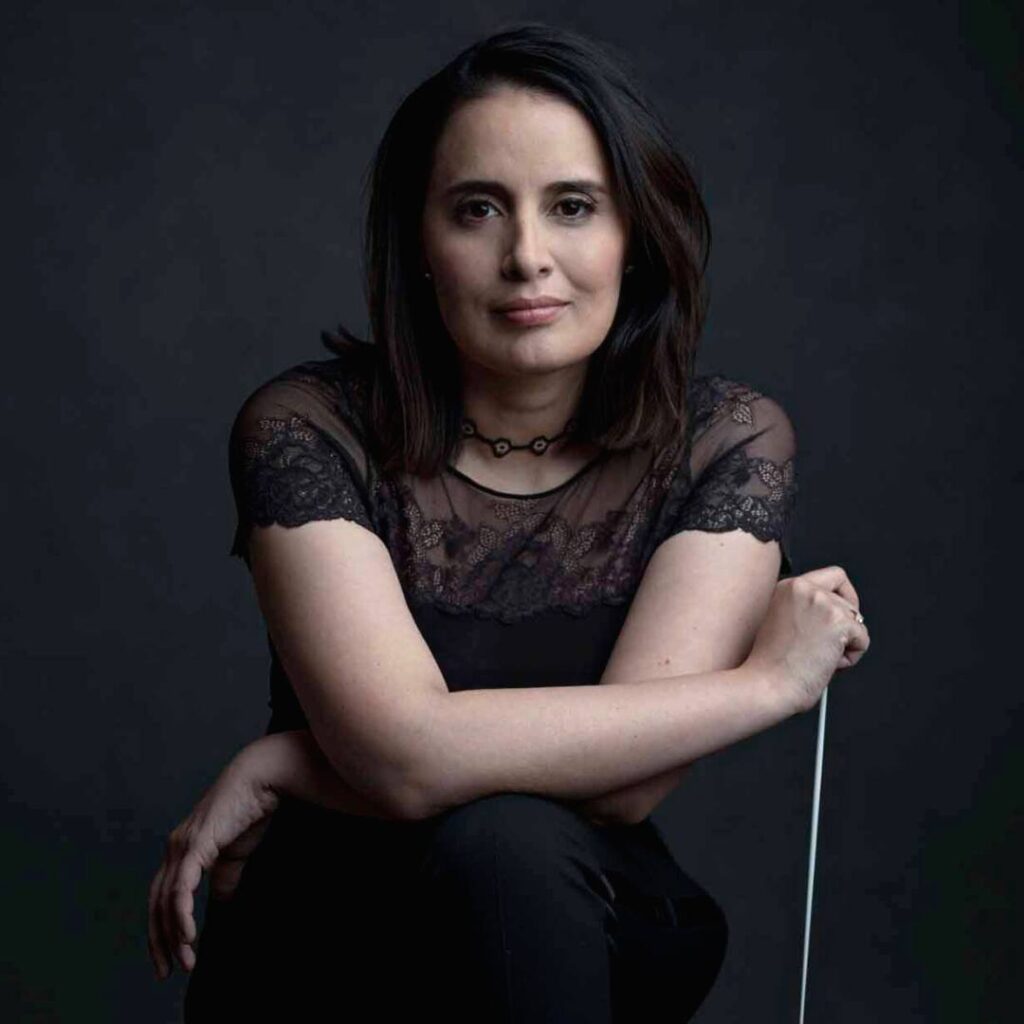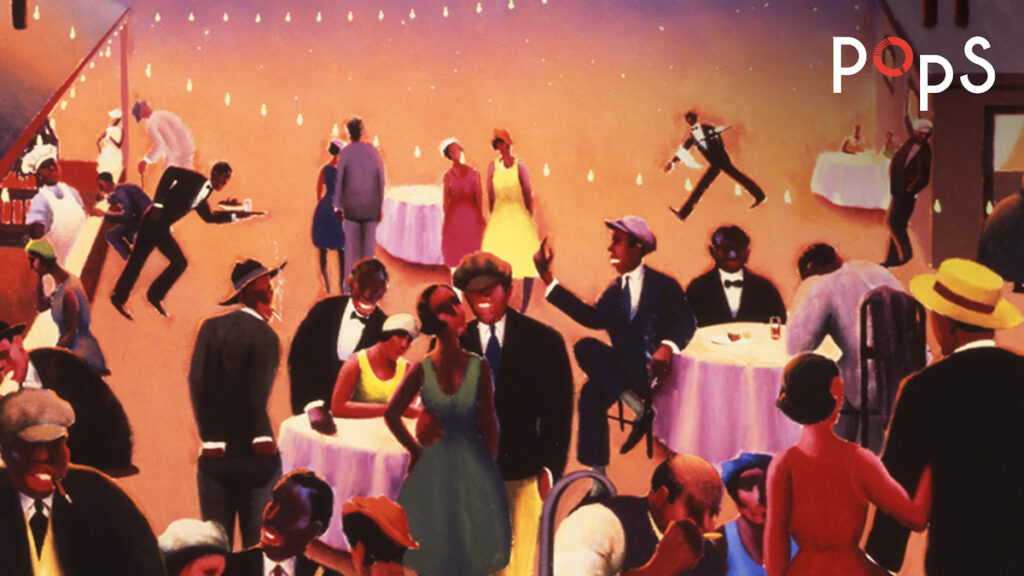
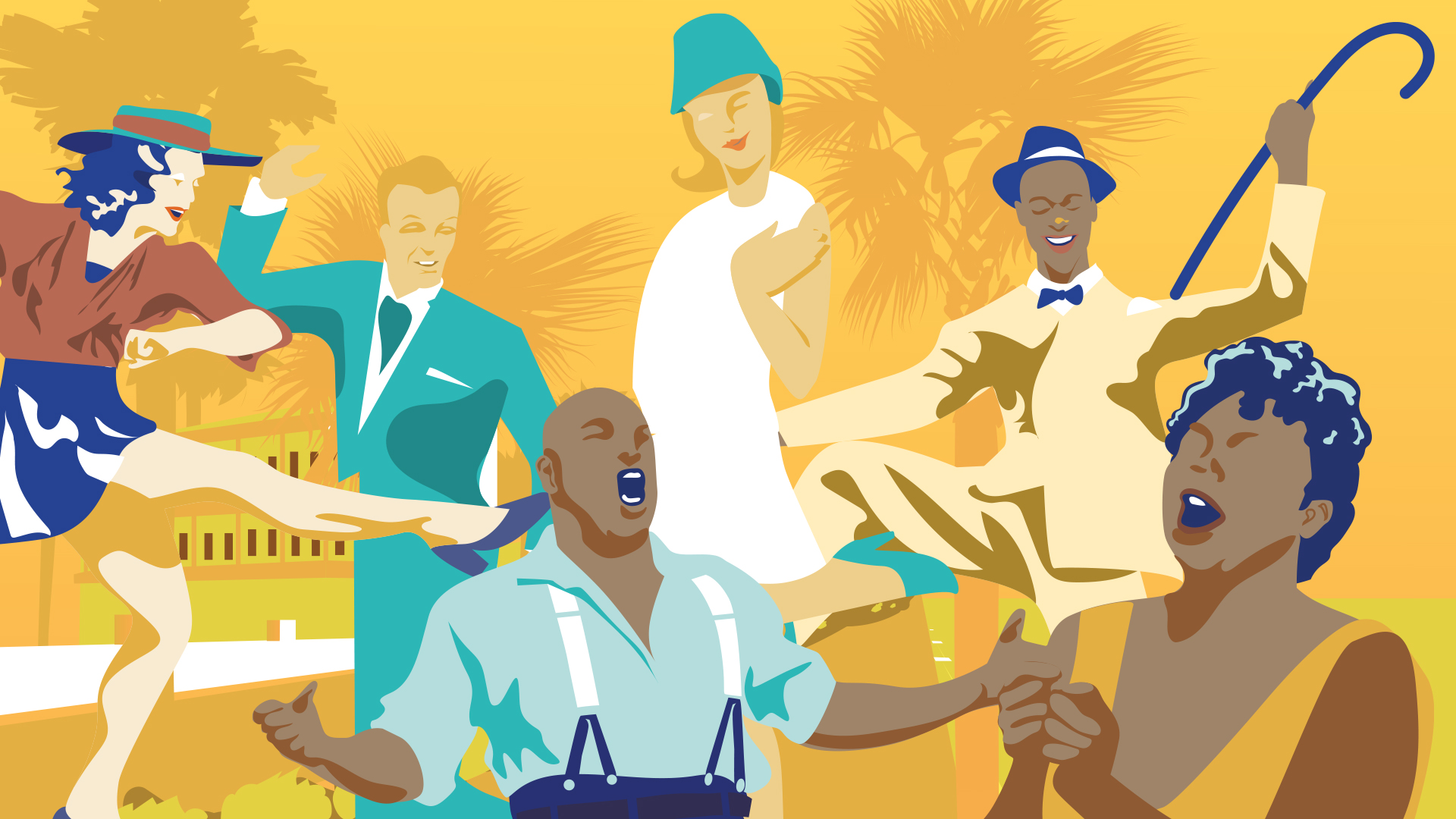
THE CHARLESTON SOUND: ELLINGTON, GERSHWIN, AND MORE
The Charleston Sound
a celebration of Lowcountry roots, featuring Gershwin’s Porgy & Bess
With gratitude:
This concert is sponsored in part by Explore Charleston!

Like the Ashley River, for more than 350 years, music has flowed through and been an intrinsic part of the soul of Charleston. In this concert, the CSO explores the roots, traditions, and sounds of the Holy City in this tribute to our hometown. Curated by members of Project Aurora (aka New Aurorean Coterie), the program highlights the choral music and vocal traditions of African American culture—inherently Charleston’s culture—as we honor under-recognized artists and celebrate the lasting influence. Special guests will join the CSO: the Claflin University Concert Choir, a highly acclaimed group that performs not only in U.S. tours, but also internationally; talented solo vocalists; and the beloved CSO Chorus.
Drawing on influences from from spiritual hymns and Gullah sounds, R. Nathaniel Rett, Roland Carter, and Moses Hogan created vocal compositions during the late 19th century well into modern day. Across the pond, English composer Michael Tippett innovatively incorporated African American spirituals in his oratorio A Child of Our Time. When he realized their extraordinary power to universally express emotions of human oppression, he included “Nobody Knows the Trouble I see, Lord” and “Go Down, Moses” among the selections.
Composer Edmund Thornton Jenkins was born and raised in Charleston and attended the Avery Normal Institute – a school whose alumni founded the original Aurorean Coterie. Though his education at the esteemed Royal Academy of Music in London and subsequent career took him elsewhere, he never completely abandoned his roots. Charlestonia is his homage to his native city that brings many influences together through a spirited symphonic rhapsody.
As opposed to Tippett’s use of existing, traditional spirituals in his oratorio, George Gershwin chose to compose his own. The opera Porgy and Bess by Gershwin was developed from the novel Porgy by native Charlestonian DuBose Heyward. The book had been turned into a musical by Heyward and his wife Dorothy that ran on Broadway for more than 350 performances. George Gershwin composed the music, and his brother Ira and DuBose Heyward contributed the lyrics. Gershwin referred to the work as a “folk opera,” and in this version for the concert hall, you can hear the direct influence of the Lowcountry setting and its people.
Conductor Chelsea Tipton, II, has been a guest conductor with the Cleveland Orchestra, Detroit Symphony Orchestra, Atlanta Symphony Orchestra, and Czech National Symphony Orchestra, among others. He is the Music Director of The Symphony of Southeast Texas (Beaumont) and Principal Pops Conductor with New Haven Symphony Orchestra. Tipton served as Resident Conductor of the Toledo Symphony Orchestra for seven seasons and served as Associate Conductor of the Savannah Symphony Orchestra for four seasons. He also served as Assistant Conductor during a summer residency with the National Repertory Orchestra in Breckenridge, Colorado.
With funds provided by the Avery Center for African American History and the League of Allied Arts, both Charleston-based institutions, [Vincent Plush] went to view the manuscript collection at Columbia College in Chicago in December 1995. With permission from the Jenkins Estate, I returned to Charleston with copies of the sketches for a short orchestral work called Charlestonia, subtitled variously, American Folk Rhapsody for Full Orchestra, No.1. The work was played with considerable success in Europe in the 1920s, but never in America. There is no surviving full score or set of parts; all that remain are a harp part and two piano reductions. The first of these, dated 30th July 1917, contains very few orchestral cues. The second, dated 10th August 1917, reveals more orchestral cues, but has an inconclusive ending. In preparing the work for modern performance, I retained the harp part and adhered to every orchestral cue in this second score; I fleshed out the harmony and orchestration and appended a new ending, based on Jenkins’s scribbled sketches. With funds provided by the DuBose and Dorothy Heyward Memorial Fund, a new score and set of parts was prepared for the premier modern-day performance given in Charleston by the Charleston Symphony Orchestra and their Music Director, David Stahl, on 4th October 1996. Several other works by Jenkins were played in Charleston that month, declared “Edmund Jenkins Homecoming Month” by mayoral decree.

About the Conductor
Chelsea Tipton, II, was conductor for the memorial concert celebrating the life of Former President George H.W. Bush with the Houston Symphony Orchestra and he received the first-ever Aspire Award from the Atlanta Symphony Orchestra. Click here for his full bio.

Did You Know?
Charlestonia had its American premiere in Charleston in 1996 with the CSO under Maestro David Stahl.

“When I first began work on the music, I decided against the use of original folk material because I wanted the music to be all of one piece. Therefore, I wrote my own spirituals and folksongs. But they are still folk music – and therefore, being in operatic form, Porgy and Bess becomes a folk opera.” – George Gershwin
